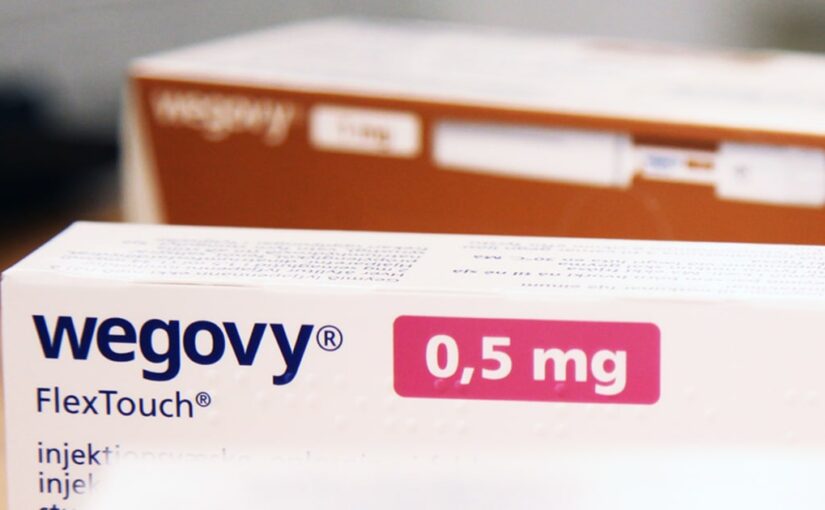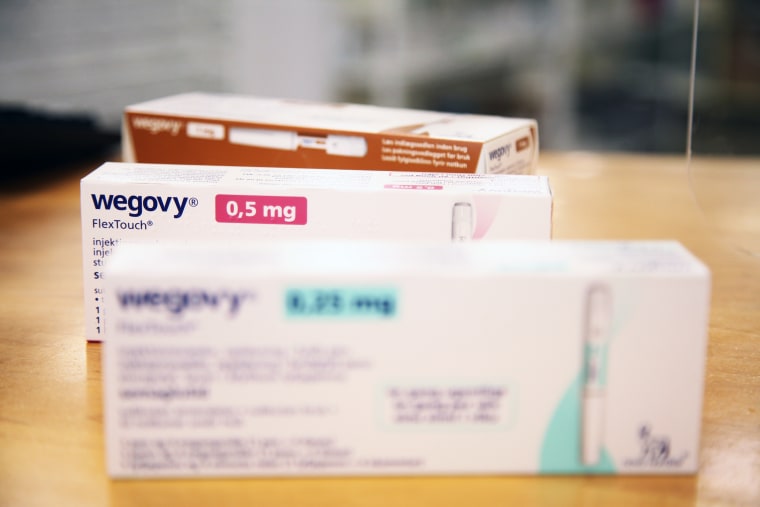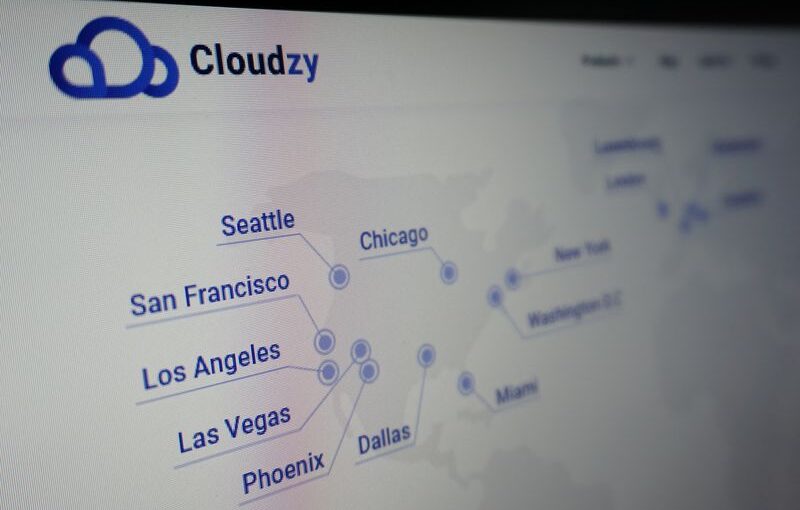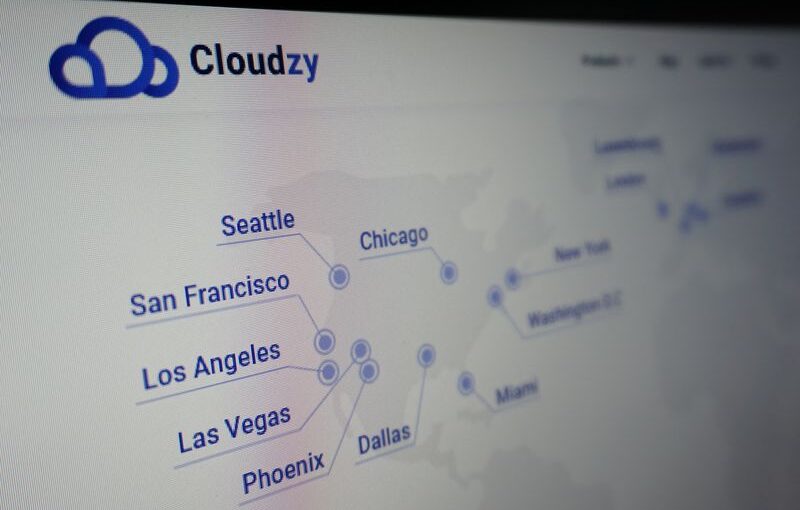Seoul — South Korea’s overall birth rate hit a record low of 0.72 in 2023, and with that figure projected to fall even further in 2024, some Korean businesses have started offering remarkably generous incentives to convince their workers to become parents.
“The declining fertility rate leads to a decline in the workforce and purchasing power and slowing economic growth, which in turn directly affects the sustainability of corporate management, meaning companies need to actively address the issue,” Korea Economic Research Institute (KERI) president Chul Chung said recently at a Korean-Japanese business seminar dedicated to the topic.
Jin Sung Yoo, a senior research fellow at KERI, said the main reason for South Korea’s worryingly low birth rate was the “effect on career progression” associated with having children.
Many solutions were discussed at the seminar, and some eye-opening incentives have been announced in recent weeks.
The Lotte Group, a massive cross-industry conglomerate, said it had found success through “various in-house family-friendly policies.” The company said the existing program had helped push the internal birth rate among employees up to 2.05 during 2022, no small feat when the national average was 0.81.
Ok-keun Cho, head of corporate culture at the Lotte Group, said starting this year, the company would also be offering employees with three or more children a 7-9 seat family vehicle, free of charge.
The most generous parenthood incentive, however, is likely the one for workers at the construction and housing group Booyoung, which has been offering employees a $75,000 bonus for each new child they parent.
So far, the company says 66 employees have taken advantage — at a cost to Booyoung of about $5 million.
Company chairman Lee Joong Keun said he sees it as an investment in the nation’s future, warning that if the birth rate continues to fall, “Korea will face a crisis of national existence 20 years from now, including a decline in the economically productive population and a shortage of defense personnel to ensure national security and maintain order.”
Under South Korea’s rules, $75,000 is the largest handout a parent can receive without having to pay additional tax on the month. But Booyoung’s boss said he wanted to go even further, announcing that he would work to help provide employees who become the parent of a third child with “housing with no tax burden on tenants and no maintenance responsibilities.”
The construction company chief said he was hoping to get the South Korean government to agree to provide the land necessary for his plans.
Meanwhile, city officials have said that Seoul’s local government plans to invest more than $1.3 billion during 2024 in the Birth Encouragement Project, an upgrade to an existing incentive policy.
The project has been largely focused on helping South Korean’s maintain their careers around family planning, but it’s been expanded to make more people eligible for the benefits, and those benefits now include infertility treatment and more childcare services.











